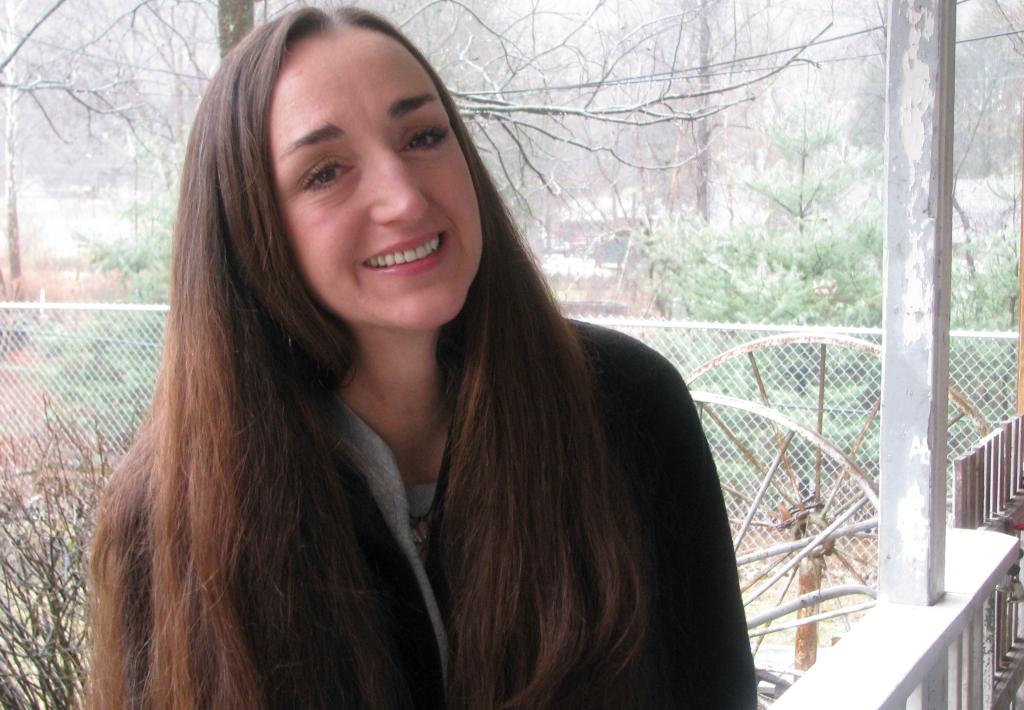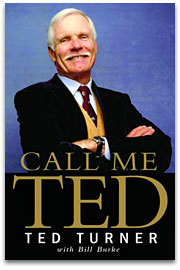interview
-
An interview with ‘Green Nobel’ winner Maria Gunnoe
Mountaintop, removed. Near Rawl, West Virginia.Courtesy of ILoveMountains.orgMaria Gunnoe.Tom DusenberyWest Virginian Maria Gunnoe won a prestigious Goldman Environmental Prize this week for her work fighting the devastating practice of mountaintop removal mining. It’s hard to think of someone more deserving of the prize, which includes a $150,000 award. Gunnoe, 40, has seen her family’s ancestral […]
-
TreePeople founder discusses his Ashoka fellowship and green infrastructure
Andy Lipkis founded one of the largest independent nonprofit environmental groups in Southern California, TreePeople, which is famous in Los Angeles for helping battle the floods of 1978 and 1980, planting a million trees in the 1980s, helping teach the city to recycle in the 1990s, and, recently, working to green its schools. Lipkis just returned from a briefing trip to Washington, which he took because he and his team at TreePeople are concerned that President Obama's vaunted economic stimulus program will go mostly towards roads, bridges, and airports -- gray infrastructure -- and prolong some of the problems caused by it, such as flooding, water shortages, and pollution.
Lipkis sees an extraordinary opportunity to invest in greening cities, adapt to climate change, reduce energy dependence, and relieve the chronic unemployment of urban youth. It's a once-in-a-lifetime deal. Yet what's interesting about Lipkis, to this observer, is the nature of his advocacy. He finds ways to make his point without demonizing or dismissing his opponents. When a Los Angeles columnist named Bill Boyarasky warned in the Los Angeles Times that environmentalists could stall Obama's reconstruction efforts, Lipkis disagreed forcefully in an op-ed, but at the same time wondered out loud if he could find a way to bring Boyarsky over to TreePeople's side.
He sat for an interview last week.
Kit Stolz: You were just honored with an Ashoka Fellowship, which is an award given to social entrepreneurs to help bring their work to greater numbers of people. How did this feel for you, and where do you want to take your work next?
Lipkis: It's encouraging. I've been in this business for 38 years, and it's a nice pat on the back. Ashoka gives a three-year, stipend-funded fellowship that's intended to lead to bigger things. It's saying we're investing in you because of your track record as an activist, and because we think you could make a bigger difference. In the application process, Ashoka asks for a five-year plan. This meant we [at TreePeople] had to think hard about the next five years. Because a group of climate scientists had announced a deadline for [acting against] climate change, which is now 94 months, I made that part of my process.
We now have 94 months to make a difference. We're facing severe weather now because of climate change. We have to radically reduce our carbon output. For me, the missing link is not just to make my city sustainable, but to work profoundly to improve all cities, to protect people from climate change. OK, I say, that's my charge. What can I do to take these innovations, which we have piloted in Los Angeles and shown to be viable, to a larger arena? How can we scale this up? We can't just move along as we have been doing -- we don't have that luxury. We have had some success, but now we have to move much more rapidly towards climate protection and adaptation. So I said, that's what I'll do. They've given me this award, now I need to make use of it.
-
Former MSHA investigator Tony Oppegard discusses the TVA coal investigation
No one is watching the fallout over the TVA coal ash disaster more closely than Kentucky attorney Tony Oppegard. As the former adviser to the assistant secretary for Mine Safety & Health Administration (U.S. Department of Labor) and former general counsel for the Kentucky Department of Mines and Minerals, Oppegard served as the lead investigator for MSHA during the Martin County, Kentucky, coal slurry impoundment failure in the fall of 2000.
As a political appointee, Oppegard lost his job in January 2001 after George W. Bush took office. A career MSHA employee was brought in to take his place and the "investigation" ended quickly, despite the fact that the Martin County coal disaster was one of the worst in history.
I asked Oppegard a few questions about the TVA coal ash disaster, the impending investigation, and what we had learned since the Martin County coal accident.
Biggers: You were the lead investigator of the Martin County Coal Corporation slurry impoundment failure in 2000. Why do you think that disaster received such little media attention?
Oppegard: Primarily because it occurred in rural eastern Kentucky -- and few people outside of those who live there really care about what happens to the land and people of Appalachia. If the impoundment failure had happened in California or New York, it would have been front page news in The New York Times and the Washington Post. Can you imagine emergency rooms in Los Angeles being shut down because of a lack of clean water? Instead, it was deemed "not really that important" by most of the mainstream media. When wildfires consume beautiful homes in the hills of California, it headlines the CBS evening news. But when creeks are fouled and thousands of people go without water for weeks in Appalachia, somehow it's not considered "newsworthy."
Biggers: Why do you not like the term "spill," as it is being used with the TVA coal ash disaster?
-
Outgoing Greenpeace leader talks about activism, economics, and his next steps
John Passacantando. Greenpeace has earned a reputation as the environmental movement’s radical faction, and John Passacantando, executive director of the organization’s U.S. arm, has been right in the midst of the action. He took the helm of Greenpeace USA in September 2000, after the group had fallen on hard times and into deep disagreement over […]
-
Journalist interrogates head economist of International Energy Agency
Joe mentioned this the other day, but I want add my voice to the chorus. George Monbiot is in the midst of a kick-ass interview series. This week he met with Fatih Birol, chief economist for the International Energy Agency. The IEA’s new report is substantially more pessimistic about future energy supply than its previous […]
-
Christie Todd Whitman
I got a bit lost in the rush, but I hope everyone got a chance to read Jonathan Hiskes’ interview with Christie Todd Whitman on Friday.
-
Ted Turner chats about his outsized environmental hopes and ambitions
Ted Turner has always been — for better and for worse — a head turner. He revolutionized media with the first cable news station, CNN. He gave a cool billion to the United Nations. He won the America’s Cup. He married Jane Fonda. He bought the Atlanta Braves. He earned the moniker “Mouth of […]
-
Alliance for Climate Protection CEO Cathy Zoi talks clean energy
Alliance for Climate Protection CEO Cathy Zoi was part of the massive energy panel that Third Way hosted on Tuesday, one of several folks representing the environmental community. After the event, Grist caught up with Zoi to talk more about the organization’s new Repower America campaign, which aims to shift the U.S. to 100 percent […]
-
Grist talks to Tom Friedman about ‘green recovery’ and restoring America’s global role
Grist caught up with Tom Friedman, New York Times columnist and author of the recent book Hot, Flat, and Crowded: Why We Need a Green Revolution — and How It Can Renew America, after his appearance on the “Green Recovery” panel at the Center for American Progress on Monday to chat about exactly that. His […]


